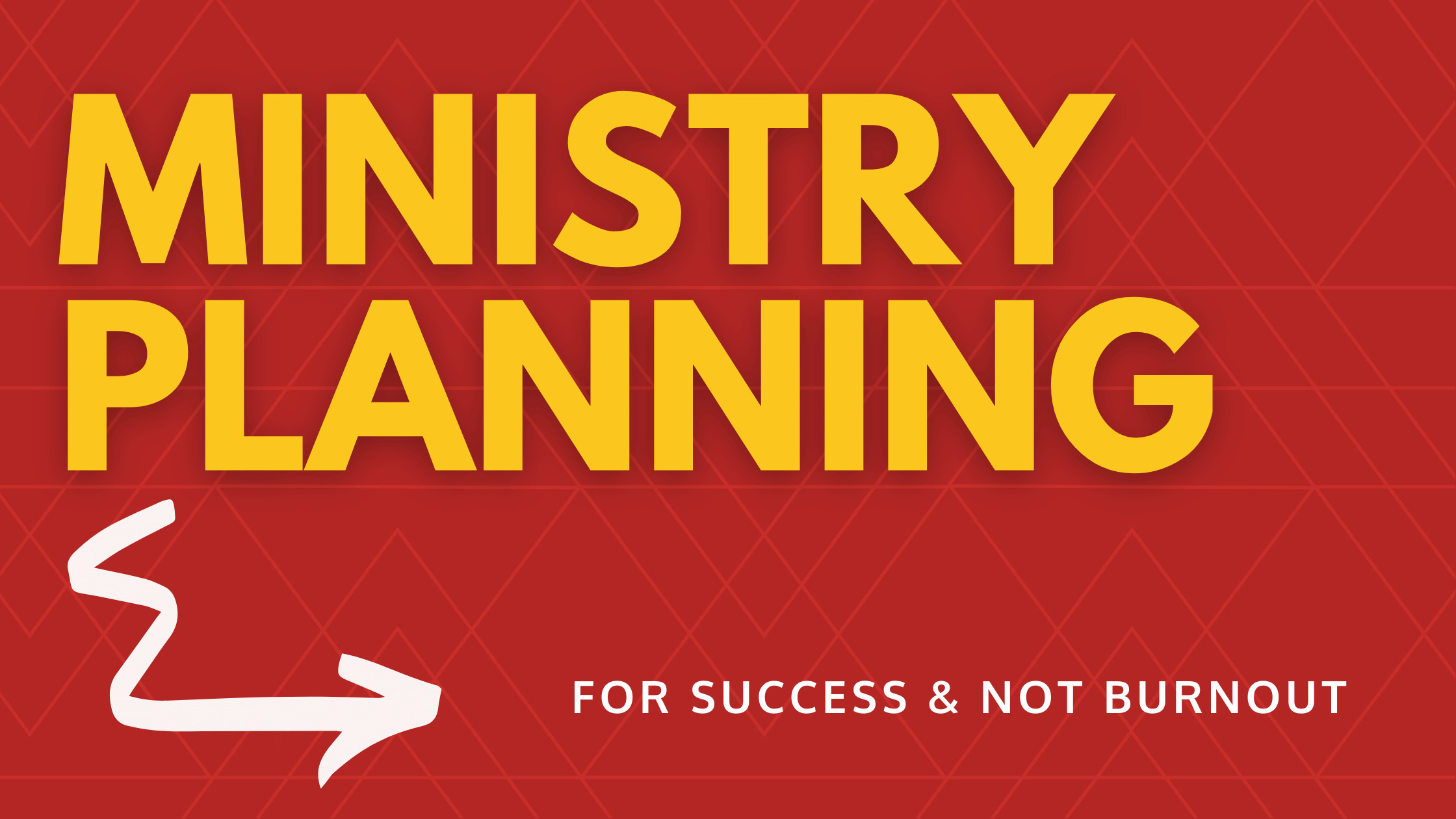Teenagers tend to naturally leave their parents in the dark. Should we do the same as Youth Ministers? And how important is parent communication? When I was growing up in youth ministry (in the ’90s), my parents were both very involved in my youth programing. My mom was the snack lady and my dad was […]
Category Archives: Youth Ministry
Meh or Memorable: Welcoming Sixth-Graders Well
As a kid, church was a normal part of my life. During the week, I can remember attending children’s choir practice. I remember children’s church on Sunday mornings. I remember Easter egg hunts at the pastor’s house, and Christmas plays in the sanctuary. Mostly, I remember being one of the rising sixth-graders anxiously awaiting the […]
Making Change In Ministry
You know the urge. You look around the youth room, your program, or even the team and think – I really need to make changes. But should you? How do you properly time change in ministry? A Change of Photos When I started in my position, nearly four years ago, I remember walking into the […]
Engaging The Talents Of Teens
Have you ever thought that ownership and talents go together? Perhaps the teens in your youth group are just looking for a place to use their talents. And I wonder, could talents be a key to their faith? If your youth group is anything like mine, you’ve got a hodge-podge of teens with various gifts, […]
Long-Range Planning The Right Way
Have you ever tried to do long-range planning, only to discover you get too busy to put that plan into place? Or you worked on a plan, but no one seems to get excited about that plan? Long-range planning is important – you know this. Many of us can come up with a long-range plan […]
Ministry Planning For Success & Not Burnout
Did you know that poor planning can actually lead to ministry burnout, conflict, and a failing ministry? Planning is more than just a calendar. My first two years in youth ministry and my experience in planning for the ministry left a lot to be desired. As I moved from being an intern to leading the […]
Hiring A New Youth Or Children’s Minister
What if you are hiring the wrong person? Where do we find quality candidates that will fit our church’s culture and context? How can we hire someone who will last? How long will it take you to find your next Children’s or Youth Minister? These are a few questions that come flooding in as you […]
Must-Have Youth Ministry Hats
When my son Paul was in first grade, we moved from the Washington, DC. area, to Pittsburgh, PA. I had just taken a new youth ministry job, and the move was pretty big for the whole family. As well as all three of my children, I was born just outside of D.C., so naturally, I […]
3 Reasons You Will See Staff Changes In 2021
I can see the end in sight, the light at the end of the tunnel. The vaccine has arrived, and 2021 is here. Unless you are a Chiefs, Lightening, Lakers, or Dodgers fan, the nightmare that has been 2020 is over. Or is it? Could 2021 bring significant staff changes? I’m not one to spread […]
5 Ways To Break Through Imposter Syndrome
Imposter Syndrome. This is the name that is given to that overwhelming feeling that you are a fake, a fraud and that you will never be able to be close to people, lest they discover the “real” (and clearly less acceptable) you. Imposter Syndrome is not just bad self-esteem. It runs deeper and can be […]










